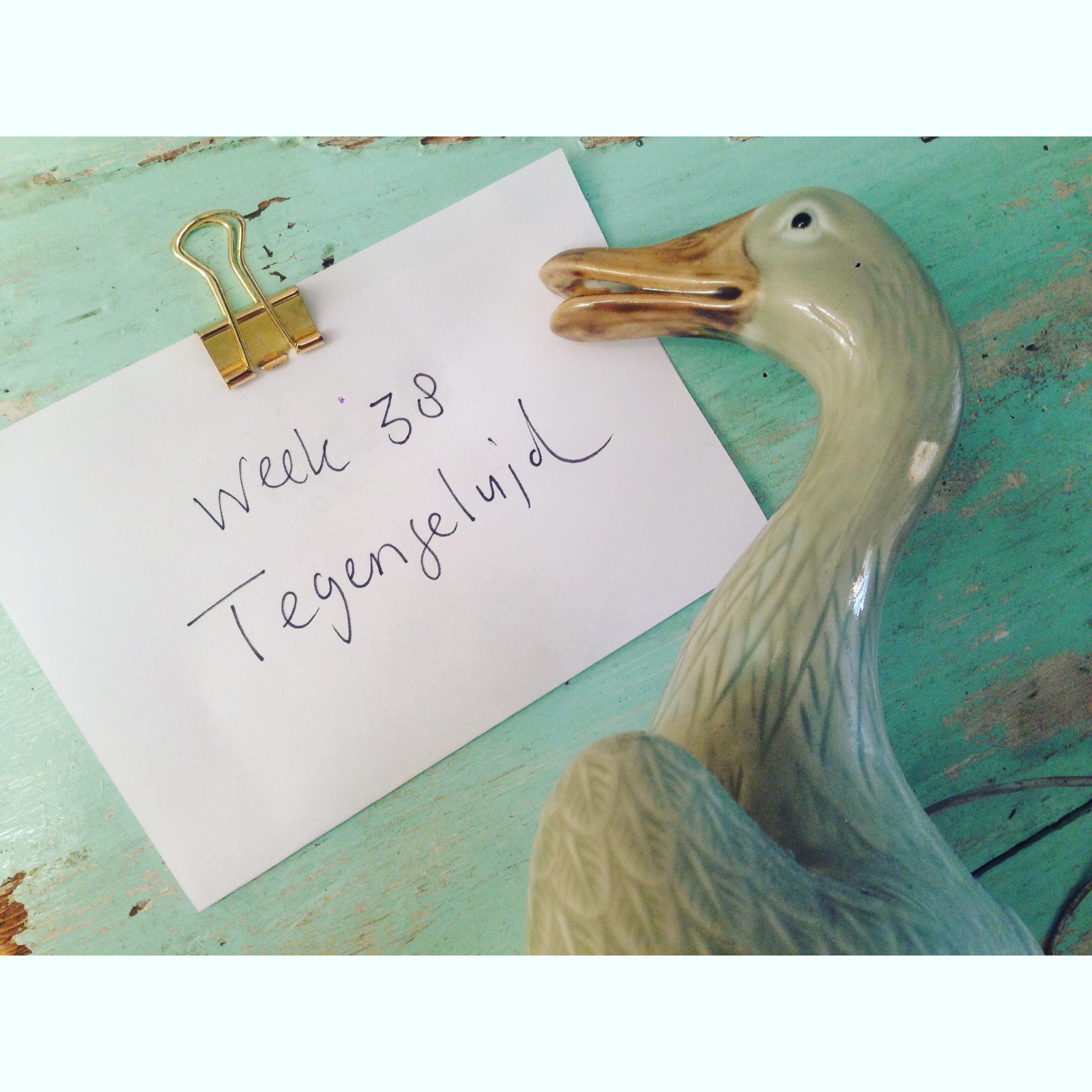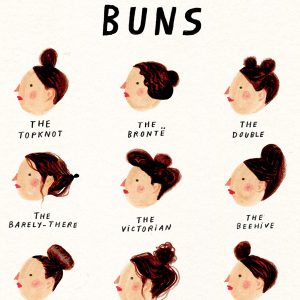Counter argument
There was a piece in the New York Times recently called: “Let’s Celebrate the Art of Clutter.” It was an ode to everything we fill our homes with over a lifetime. And in particular, all those things we collect with love, things that we cherish, admire, display, and even possibly pass on to our children.
The writer is a journalist called Dominique Browning, and in the piece, she denounces the industry that is emerging around decluttering. She talks about the persuasive books that tell us we’re not doing well when we have a lot of stuff. About coaches who say decluttering is the road to happiness. And about stuff being marketed at us because they help us to declutter in the proper way. “I have no desire to talk myself into a huge neurosis,” she says rebelliously. For Dominique loves all her collections and things that she has accumulated over the course of her life. She has books galore, lots of paintings, plenty of crockery. Why the hell, she wonders, should I give up all my wonderful stuff? “I am not done with my things. I love them, in fact, more and more each year, as I recollect the journey that brought us together. I will cherish them, till death do us part.” And then she writes so beautifully about her love for everything she has at home. The books in her bookcase. The expensive linen tablecloth. Stuff she will bequeath to her children so that, through these items, she will remain, just a little bit, in their lives when she’s gone.
In short, Dominique has well and truly had it with the likes of Marie Kondo. She says, that ultimately, decluttering is actually like being on a diet. It works for now, but you already know that it won’t last forever.
I have to say, her article did make me laugh. Because, in a way, I think she’s right. I also find myself occasionally doubting the need to declutter. Simply because I’m the type of person who believes that I should eat sugar-free one day, and then buy a large bar of chocolate for myself the next. I’m the type who is all anti-town during the week (too crowded, too much, too busy) and then skip off, blissfully happy, to the huge market in Haarlem at the weekend. And who one day decides that margarine will never grace our bread again (having read somewhere that we should be using butter), only to have completely forgotten a week later. Basically, I’m just such an easy-come-easy-go kind of person that I’ve never really been very good at the whole rigid way of life.
Still, I think Dominique misses an important factor in her arguments on decluttering. Namely that the declutterer is not necessarily against stuff. And that they don’t necessarily have to live in an empty house. They just find it nicer to reassess the phenomenon of stuff, and prefer to spend their money on doing things than on buying more stuff. I, for one, am certainly very happy with the fact that I have more money and time now that I consciously think about what I buy and why. And about what I keep and why. But there is one thing that Dominique says with which I totally agree. Just as I find all those foodies who change their food rules left, right and center so incredibly maddening, I also think it’s nonsense to make those who love things feel guilty for doing so. Just go ahead and buy good stuff, if that’s what you want to do. I allow it. And so does Dominique.
Astrid, together with Irene, is the founder of Flow Magazine. She lives with her partner and two children. Each Tuesday, she writes about the sense—and nonsense—of decluttering.
“Week 38 – Counter argument”













